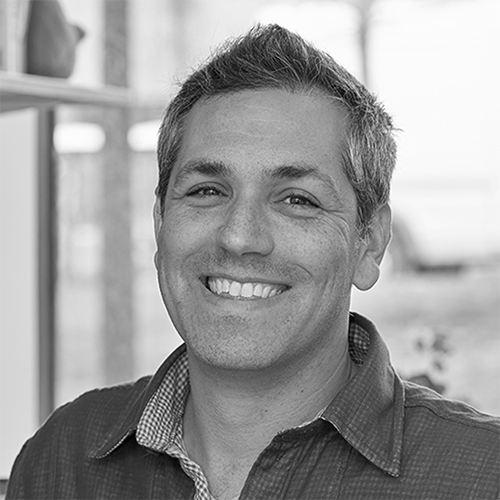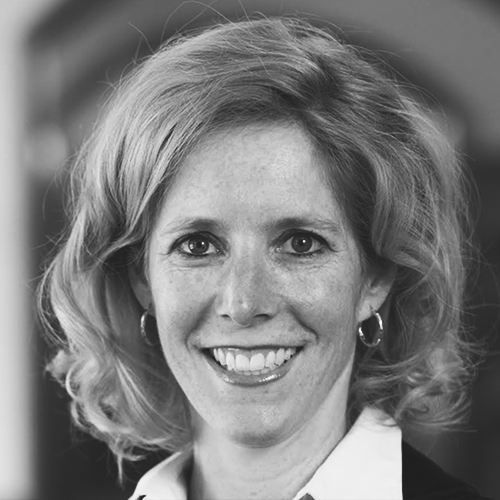“AI is one of the most important things that humanity is working on. It’s more profound than electricity or fire.” — Google CEO Sundar Pichai
It’s all happening so fast and it’s everywhere, as applications for the use of artificial intelligence (AI) increase by the minute. ChatGPT can write prose and poetry, draft legal documents, program and code computers, and even have philosophical conversations.
We’ve seen AI art that is jaw-droppingly beautiful — but not without controversy and blowback from human artists. There are AI-generated rappers getting dropped by their labels as well as imitation AI music being released and falsely attributed to major-label artists (see the Drake and The Weeknd fake single).
A decade ago, AI-driven nanobots would have seemed like the stuff of science fiction — now, surgeons can leverage AI to help nanobots learn to work better inside the human body. The introduction of autonomous smart drones and vehicles are impacting travel and military strategy while challenging our ethics and policy decisions.
What will AI bring about when tasked with solving the most urgent problems like climate change or cancer or space travel?
There seemingly isn’t an industry that hasn’t been touched by artificial intelligence. But just how quickly are applications for artificial intelligence growing and what systems and checks are being put in place to ensure that AI doesn’t lead to grave and unintended consequences?
Join a panel of AI experts from Cornell as they discuss the current state of AI and its trajectory in the near and far terms. They may have diverse backgrounds, but the throughline that connects them all is their knowledge of where we are now and where we are likely headed regarding artificial intelligence applications.
RESOURCES / NEXT STEPSCornell Tech Policy InstituteComparative Systems Neuroscience - Goldberg Lab


